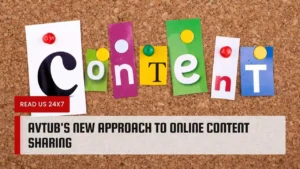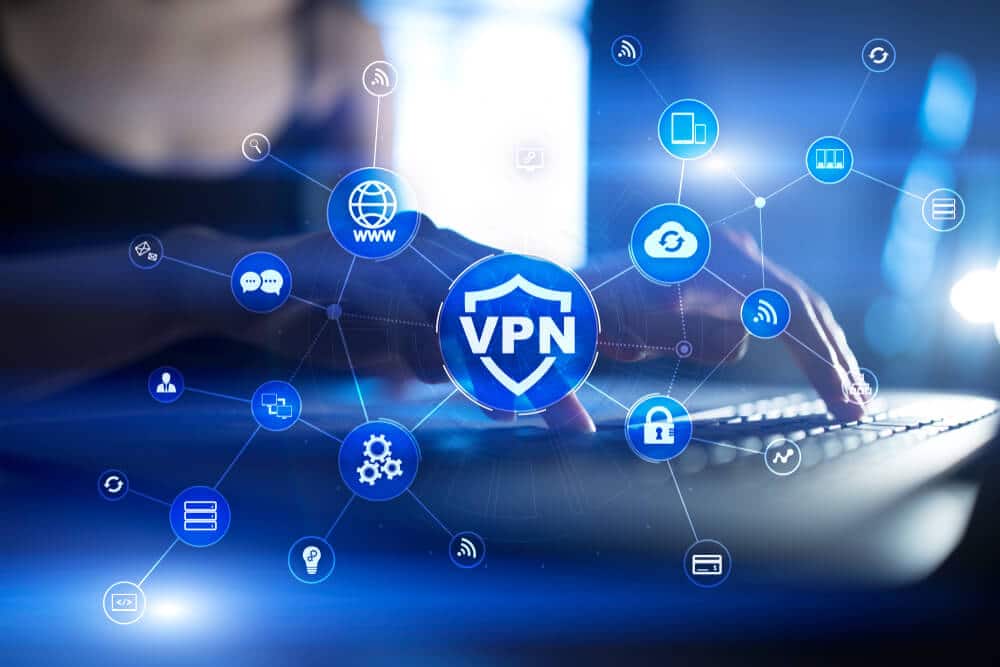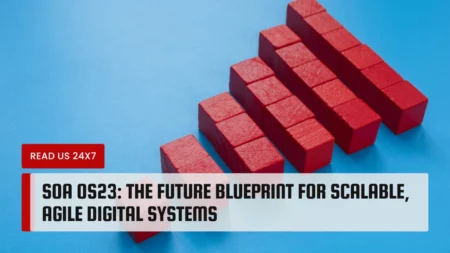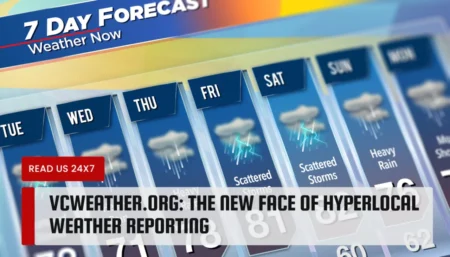A VPN, or virtual private network, provides encryption for your internet traffic and routes it through an alternate server. This process enables secure, private web browsing.
However, not every VPN service offers the same level of quality.
You’ll find both free VPNs and those that demand a subscription fee. Which will serve your needs best?
In this article, we aim to analyze the benefits and drawbacks of both free and paid VPN services, aiding your decision based on your requirements and financial capacity.
Additionally, guidance on picking a dependable and reputable VPN service will be presented.
Why Should You Use a VPN?
A VPN is beneficial for diverse applications, including:
- Data traffic encryption: VPNs facilitate data traffic encryption, scrambling information sent and received over the internet, rendering it indecipherable to potential interceptors. This ensures robust privacy and security, notably while accessing public Wi-Fi networks or insecure websites.
- Hiding your IP address: By disguising your unique IP address, VPNs safeguard against unwanted tracking of your online activity or targeted ad and malware attacks from websites, apps, internet service providers, government bodies, or other third parties.
- Overcoming internet censorship and geo-blocks: VPNs override internet censorship and geo-blocks via virtual location alteration. This grants access to restricted or blocked websites and content such as social media platforms, streaming services, news outlets, or online games.
- Safe and anonymous file downloading: With a VPN, file downloads, regardless of their legal status, can be done securely and anonymously. VPNs offer protection against potential cyber threats or legal repercussions arising from copyrighted or illegal content downloads. Moreover, VPNs may boost download speed by eliminating bandwidth throttling imposed by your ISP.
- e-commerce savings: Changing your virtual location via a VPN may lead to cost savings on e-commerce platforms. This practice may reveal lower prices for flights, hotels, car rentals, and other location-dependent products or services. Additionally, VPNs assist in circumventing dynamic pricing where websites charge more based on your browsing history or product demand.
Why Some VPNs are Free?
Certain VPNs offer services at no cost, relying on diverse commercial strategies differing from those of paid versions. Here’s how these complimentary VPNs generate revenue from their clientele:
- Advertisements: Some free VPNs run ads on their apps or websites, creating income through clicks or views. Such ads could be bothersome, invasive, or potentially harmful, potentially affecting your connection speed and web browsing quality.
- Information Gathering: Certain free VPNs track the websites their users frequent, selling this information to marketing companies or third parties. Such practices may jeopardize your personal privacy and security, making you vulnerable to directed ads or spam. Some might even gather your personal data like email addresses, device identities, or geographic locations.
- Bandwidth Allocation: Some free VPNs allot your connection to other users, linking all user activities to your IP address. This could influence your speed, overall performance, and security, and may even expose you to legal complications if your connection is used for illegal pursuits by others.
- Freemium Framework: Some free VPNs provide a basic version of their service for free, nudging you towards a paid plan that offers more features, servers, bandwidth, or device compatibility. Although this is a valid money-making approach, it might limit your experience, making the free version feel inferior.
Why A Free VPN Will Slow Down Your Internet Speed?
A free VPN will slow down your internet speed for several reasons:
- Encryption: A VPN encrypts your data to protect your privacy and security, but this process also adds some overhead and latency to your connection. The stronger the encryption, the more impact it will have on your speed.
- Distance: A VPN routes your traffic through a remote server, which means that your data has to travel a longer distance than usual. The farther the server is from your location, the more time it will take for your data to reach its destination and back. This affects your ping and download speed.
- Server load: A VPN server can only handle a certain amount of traffic before it becomes congested and slows down. Free VPNs usually have fewer servers and more users than paid ones, which means that they are more likely to suffer from this issue. You may experience slower speeds or even connection drops if the server is overloaded.
- Bandwidth limit: Some free VPNs impose a limit on how much data you can use per day or month, which means that you may run out of bandwidth before you finish your online activities. This can force you to switch to another server or stop using the VPN altogether until the next cycle.
- Throttling: Some free VPNs deliberately throttle your speed to encourage you to upgrade to a paid plan or to save their resources. This can make your internet experience frustrating and unsatisfying.
Is a VPN Secure?
A VPN offers a service that forms a coded link between your device and a distant server, enabling secure and private internet access. It safeguards your information, shielding it from intrusion by hackers, internet service providers, government bodies, and various third parties. Moreover, a VPN facilitates the circumvention of geo-blocks and censorship by concealing your IP address and location.
Still, a VPN is not a foolproof shield guaranteeing your safety or anonymity online. Vulnerabilities like DNS leaks, IP leaks, malware infections, or poor encryption might plague a VPN. Malicious entities such as rogue workers, cyber criminals, or law enforcement could potentially breach a VPN. It could also fall under legal obligations like logging rules, data storage laws, or court orders.
Hence, the security offered by a VPN remains reliable only as long as you have faith in the VPN provider and its server. Selecting a VPN service should follow careful research, accounting for attributes such as reputation, transparency, encryption quality, server locales, privacy rules, and client feedback.
Supplemental security protocols like antivirus software, a firewall, a password manager, and two-factor authentication should also be utilized.
Final Thoughts
There are several disadvantages to using a free VPN. It reduces the quality of your online experience to the point where it is both time-consuming and unpleasant.
There’s also the issue of your data being sold to companies across the world without your permission. Given these concerns, you should never consider using a free VPN.
Most premium VPNs come with a trial period. You easily try out the VPNs for free before committing to pay any subscription fees.
If you are looking for suggestions, SurfShark is a reputable VPN with solid policies. You can download Surfshark VPN by clicking here, or you can read more about it.








